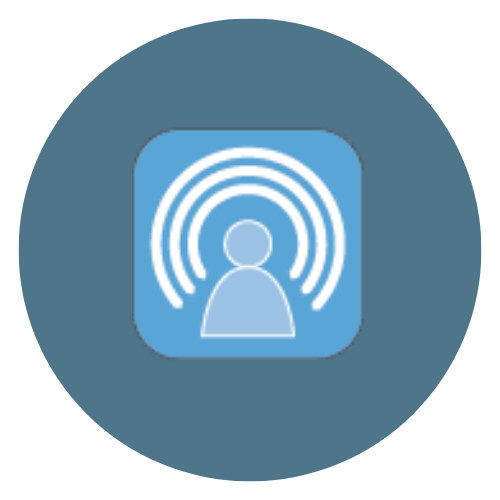Welcome to the UNCLCN Learning Portal
The UNCLCN Learning Portal contains oncology education videos presented by experts in North Carolina and throughout the US.
View our Live Webinars and Self-Paced Online Courses to earn free continuing education credit!
Free Continuing Education credits are available for:
Physicians, Nurses, Pharmacists, Pharmacy Technicians, Radiologic Technologists, and Oncology Data Specialists
Upcoming Live Webinar
|
Featured Course
 |
Patient Centered Care NCPD/CNE • ACPE Trevor Hackman, MD View More Self-Paced, Online Courses |
Ready to Learn!
Please take a look at all our educational offerings. Continuing Education credits are available for healthcare providers in select webinars.
 | Live Webinars |
 | Self-Paced Online Courses |
 | All Webinars |
 | More about us |
Sign up for our newsletter or follow us on social media!
Recent Courses
Cancer survivors may face many unique psychosocial challenges. Melissa Holt, DNP, PMHNP-BC and Lisa Kanser, PsyD discuss Acceptance and Commitment Therapy (ACT) is an evidence-based psychotherapeutic approach that can effectively teach patients skills to manage these challenges after completing cancer treatment. We will take you through case vignettes to show you how ACT can be applied to this patient population.
|
Yara Abdou, MD, will delve into various aspects of early breast cancer, covering an overview of the epidemiological landscape of early-stage breast cancer, current screening guidelines, various subtypes of breast cancer and an overview of latest treatment strategies early breast cancer. The webinar will conclude with a focus on post-treatment surveillance and follow-up care for early breast cancer survivors.
|
Michael Galgano, MD, FAANS, will focus on differentiating the various types of spinal tumors, ranging from metastases, to primary vertebral column tumors, and intradural spinal cord tumors. He will discus the contributions of co-morbidities and frailty on the management of patients with spinal tumors. He will also aim to give the audience a brief exposure to the surgical management of spinal oncology, and what is entailed to execute robust local control.
|
Join Maggie M. Hodges, MD, MPH, for a surgeon's perspective on the role of cancer risk reduction through bariatric surgery, while also exploring the optimal timing of bariatric surgery in patients with a personal history of cancer.
|
Tailored for medical providers, this session led by a physical therapist addresses challenges like speech and swallowing difficulties or pelvic floor issues in gynecological cancer. Explore the pivotal role of physical therapy in survivorship care plans and delve into current research supporting interventions for head and neck, gynecological, breast cancer, and other oncological conditions. Emphasizing interdisciplinary collaboration, we'll discuss the synergy between medical providers and physical therapists in delivering optimal cancer care. Additionally, learn the art of patient education in oncology rehabilitation, empowering medical providers to effectively communicate the role of physical therapy in cancer care.
|
Frances Collichio, MD, reviews the common and uncommon side effects of immune check point inhibitors. She also discusses the relatively new concept of delayed immune related events.
|

 Facebook
Facebook X
X LinkedIn
LinkedIn Forward
Forward





